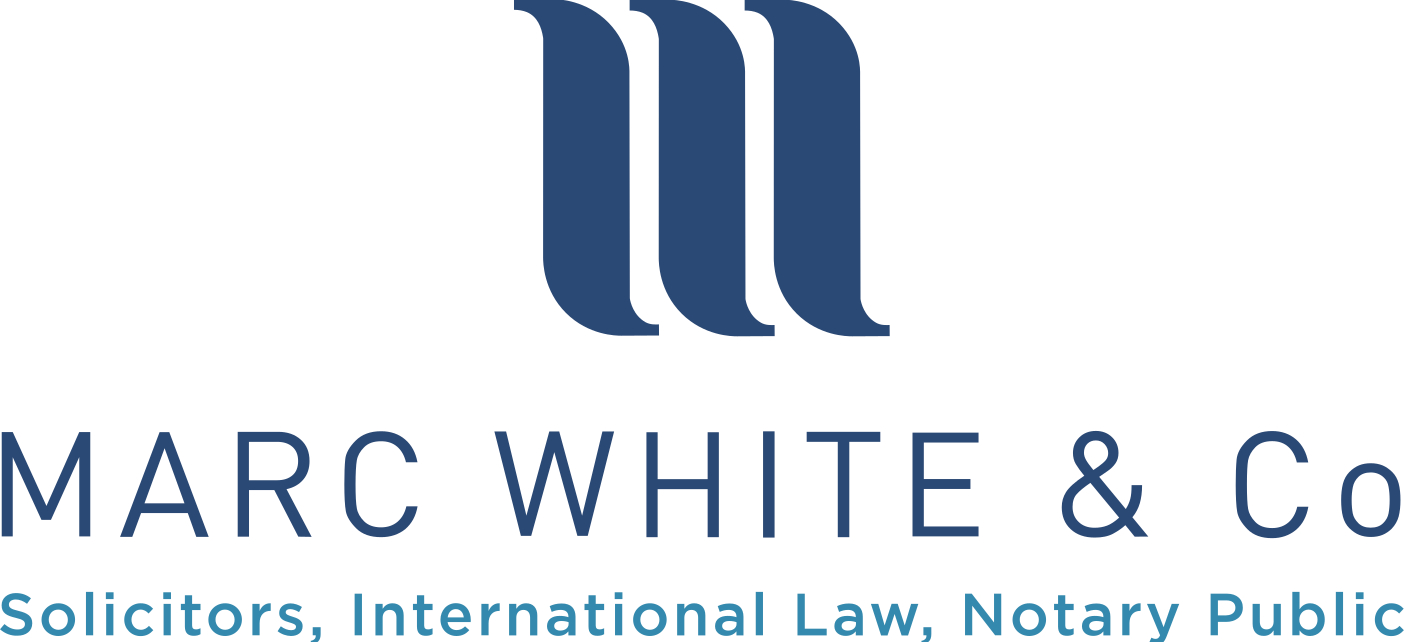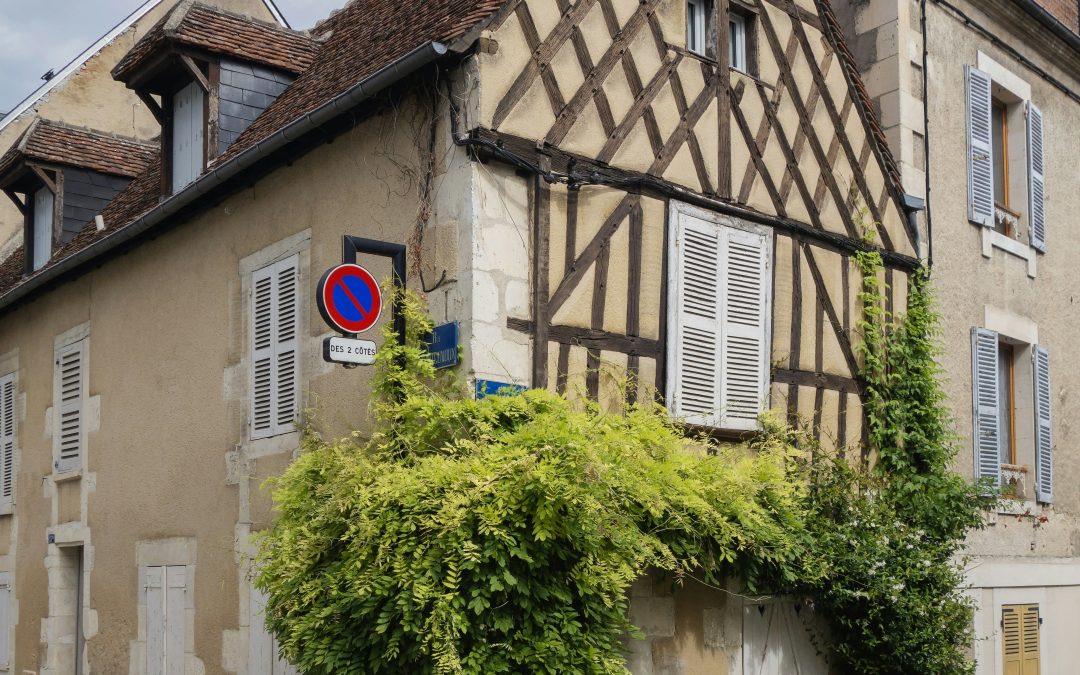If you are a homeowner in France or are planning to become one, you need to be aware of the taxes for which you will be liable for simply owning the property (that is, irrespective of whether you are making an income from it). The land tax, known as “taxe foncière” in France, is a local tax levied on property owners. This tax is primarily used to finance local government services and infrastructure, such as schools, roads, and public amenities. It is one of the main taxes that property owners in France must pay annually.
Types of taxe foncière
There are two main types of taxe foncière. The “Taxe Foncière sur les Propriétés Bâties (TFPB)”, which applies to properties that are built, such as houses, apartments, and commercial buildings, and the “Taxe Foncière sur les Propriétés Non Bâties (TFPNB)” which applies to undeveloped land, such as agricultural land or plots without buildings.
How taxe foncière is calculated
Both taxes are based on the land registry cadastral records (cadastre), which set out the value of the property and land. The amount of tax owed is calculated based on the locally assessed rental value (valeur locative cadastrale), which is an estimated income the property could generate if rented out (to be noted that there is no concrete link with any real income actually made from the property). This value is then adjusted by local authorities according to specific rates set by each commune.
The calculation of the taxe foncière involves multiplying the rental value of the property by a rate (taux d’imposition) set by the local authorities. This rate can vary widely between regions, as each local authority has the power to set its own rate.
The rental value is determined based on various factors, including the size, type, and location of the property. For example, a property located in a major city or in a popular tourist destination will likely have a higher valuation than a similar property in a rural area.
When is taxe foncière due?
The taxe foncière is due annually. Typically, the taxe foncière bill is sent in September for payment by mid-October. Late payments can incur penalties, specifically a fixed one-off penalty of 10% on each overdue bill.
Selling your property and taxe foncière liability
It is important to note, if you are in the process of selling your property, that the taxe foncière is due by the person who owns the property on the 1st of January each year, as the French tax year runs from 1st January to 31st December. Although there is a pro-rata calculation on completion of the sale to compensate for this a little, it is generally not enough to cover the whole bill. The owner on January 1st will receive this bill when September comes, even if the property was sold right at the beginning of the year, and must arrange for the payment in full at that point. The pro rata refund will have been agreed on a definitive basis, and therefore if the actual tax is higher than the figure that was used for the calculation of the pro rata refund, it will not be possible to contact the new owner and ask them to pay the difference.
Taxe d’habitation
A similar liability lies with the taxe d’habitation, which is levied against the occupier of the property on the 1st of January, but unlike the taxe foncière, this property tax does not have any pro rata compensation. You can read more about taxe d’habitation here.
Need help with French property law or navigating taxes?
Our team of French lawyers in the UK are here to help. Contact us today for clear guidance tailored to your property.


